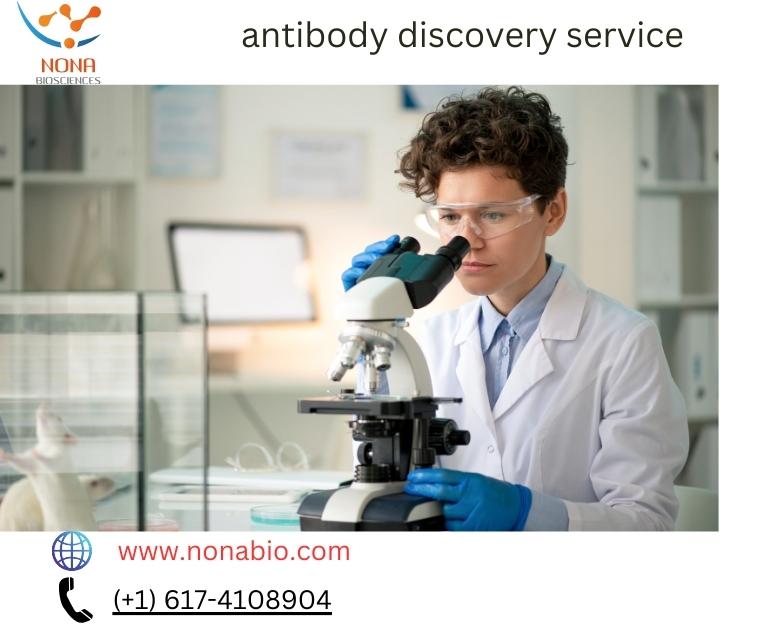The discovery and development of therapeutic antibodies have marked a transformative era in the field of medicine, offering unprecedented opportunities to combat a wide array of diseases with precision and efficacy. Therapeutic antibodies are engineered to mimic the immune system’s ability to fight off harmful pathogens, targeting specific antigens found on the surface of various cells, including cancer cells, viruses, and bacteria. This targeted approach allows for the development of treatments that are not only highly effective but also come with reduced side effects compared to traditional therapies.
The journey of therapeutic antibody discovery begins with the identification of a suitable target antigen that plays a key role in the disease process. This is followed by the generation and selection of antibody candidates that can specifically bind to the target antigen. Several technologies have been pivotal in advancing the discovery of therapeutic antibodies, including hybridoma technology, phage display, and more recently, single B cell sequencing and synthetic antibody libraries. These technologies enable the rapid screening and optimization of antibodies for desired properties such as affinity, specificity, and the ability to elicit a therapeutic effect.
One of the critical steps in the development of therapeutic antibodies is the optimization of their structure and function. This includes humanization, which involves modifying the antibody to increase its similarity to human antibodies, thereby reducing the risk of immune reactions when administered to patients. Additionally, engineering efforts may focus on enhancing the antibody’s stability, solubility, and ability to recruit the immune system to attack the targeted cells.
The preclinical and clinical development of therapeutic antibodies involves rigorous testing to assess their safety, efficacy, and pharmacokinetics. Preclinical studies utilize in vitro assays and animal models to evaluate the antibody’s mechanism of action, toxicity profile, and therapeutic potential. Successful preclinical candidates then advance to clinical trials, where they are tested in human subjects to determine their safety and effectiveness in treating the intended disease.
Therapeutic antibodies have found applications across a wide range of medical conditions, including oncology, autoimmune diseases, infectious diseases, and neurodegenerative disorders. In oncology, for example, antibodies can be designed to block the growth signals of cancer cells, recruit immune cells to destroy tumors, or deliver toxic payloads directly to cancer cells (antibody-drug conjugates). For autoimmune diseases, therapeutic antibodies can modulate the immune system’s response to prevent it from attacking the body’s own tissues.
The success of therapeutic antibodies has been underscored by the approval of numerous antibody-based drugs for clinical use, transforming the treatment landscape for many diseases. Their specificity and versatility make them an invaluable tool in the development of personalized medicine approaches, where treatments can be tailored to the individual’s genetic makeup and specific disease characteristics.
In conclusion, the discovery and development of therapeutic antibodies represent a significant milestone in medical science, offering hope for patients with conditions that were previously difficult to treat. As research continues to evolve, the potential of therapeutic antibodies to address unmet medical needs and improve patient outcomes is boundless.

